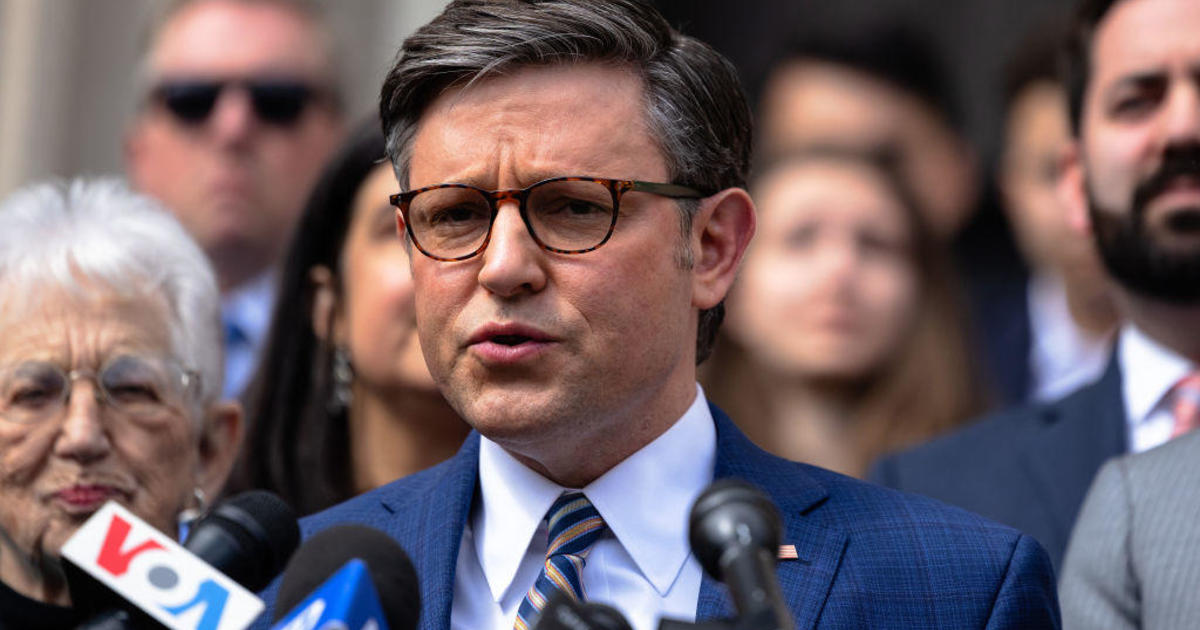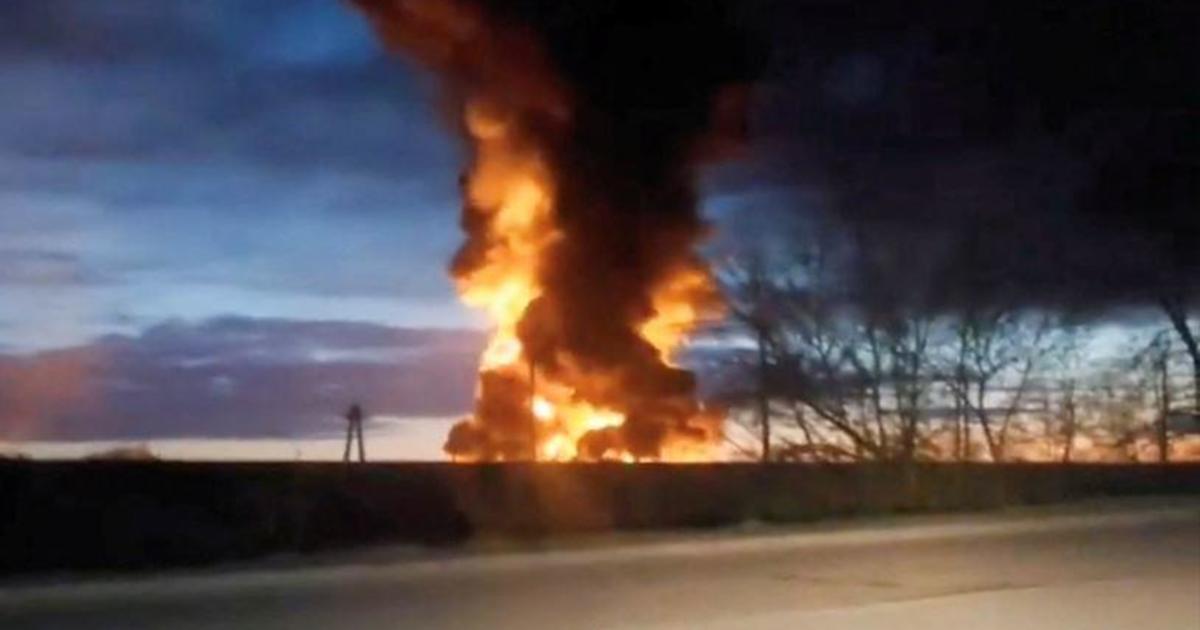Water advocates call shutoff moratorium in Detroit "an absolute lifeline"
CBS News is chronicling what has changed in the lives of residents of some of the biggest battleground states in 2020 amid the coronavirus pandemic.
It's been two and a half months since we reported on the moratorium on water shutoffs in Detroit, a significant period of time for Detroit residents who now have water services after being disconnected for nonpayment before the coronavirus pandemic.
In March, Michigan Governor Gretchen Whitmer and Detroit Mayor Mike Duggans launched the Water Restart Plan for Detroit residents who were at risk of a service interruption due to nonpayment. In compliance with Whitmer's executive orders, the Detroit Water and Sewerage Department (DWSD) said water is now running for all Detroit residents who contacted the department and said they were living without water service.
According to DWSD, Detroit received $9.7 million from the state through CARES Act funding and other resources for water arrearages, payment assistance, and plumbing repairs. Through CARES Act funding, other COVID-19 related funding, and grants, DWSD was able to make necessary repairs in cases where residents' plumbing prevented the city from initially restoring water.
When CBS News spoke with water advocates in July, they applauded the city and state efforts, but warned that the plan was just a temporary fix to a longstanding issue.
In July, the Michigan ACLU filed a lawsuit against Detroit, the DWSD and Michigan — one of multiple lawsuits that the group has brought over the years calling for a permanent moratorium on water shutoffs and affordable water rates.
Jason Bailey is the Special Economic Justice Counsel for the NAACP Legal Defense fund, co-counsel with the ACLU Michigan in the case. He said that since the summer, both the state and the city have asked that the case be dismissed. Earlier this month, the Michigan Supreme Court ruled that Governor Whitmer doesn't have the authority to issue or renew COVID-19 related executive orders, a move that water advocates say could complicate water service access to vulnerable communities.
"People that we're representing had issues affording water before the pandemic and before the governor issued her moratorium...there's really concern that once things go back to the way they were before the executive order, that they'll be without water service," said Bailey.
In a statement to CBS News, the DWSD said despite the Michigan Supreme Court's ruling on the governor's emergency orders, water services like those provided through the COVID-19 Water Restart Plan, will "be maintained for the duration of the state of emergency or the duration of any and all COVID-19 funding programs, whichever is later."
DWSD also said that after the state of emergency is lifted or the COVID-19 funds are depleted, "no resident should be without water service for inability to pay their bill" and noted there are assistance programs and relief funds offered by the department, the state, and a local health corporation.
Nadia Gaber is a member of the water advocacy group We the People Detroit's Community Research Collective. CBS News spoke with Gaber in July, and she said that since then, the moratorium has been "an absolute lifeline" for Detroit residents and has helped reduce the spread of the coronavirus throughout the state.
"It's allowed them to stop and stall the spread of COVID-19 in an area that was very hard-hit, where the racial disparities also in COVID were among the highest that we've seen anywhere in the country," said Gaber. "Communities are rightly scared of the real potential that they could be shut off from water again because they don't have the resources to pay. What was already a crisis before the pandemic, is now a catastrophe in waiting."
Gaber pointed out that families already struggling to pay their water bill could struggle with potentially higher bills as families continue to spend more time at home for schooling and work to curb the spread of the coronavirus.
Michigan currently has over 140,000 confirmed coronavirus cases and nearly 7,000 related deaths. Gaber said that less than a month away from the general election and amid an ongoing pandemic, water access should be a top issue for voters.
"Just as Flint, for example, emerged right as the 2016 election was in this stage of presidential debates and became something that all of the major candidates had to talk about, I think access to water could and should be similarly on people's minds as part of the general protections of food, housing, utilities, heat, lights, water that people are really paying attention to because this is a major economic crisis and really hard on American families," said Gaber. "I think Michigan voters are very conscious of whether or not people deliver on the promises that they make come election time."



